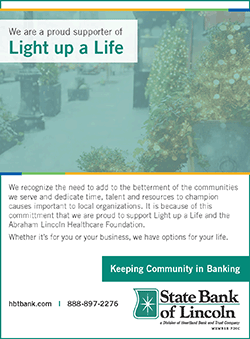|
 Due to the uptick in COVID-19 cases arising out of the more
contagious omicron variant, some 3,500 schools have thus far shut their doors to
in-person instruction this spring, according to the Wall Street Journal. On Jan.
5, the Chicago teachers union effectively closed the city’s schools, a move that
even the city’s liberal mayor, herself no stranger to heavy-handed pandemic
policies, called an illegal strike. Due to the uptick in COVID-19 cases arising out of the more
contagious omicron variant, some 3,500 schools have thus far shut their doors to
in-person instruction this spring, according to the Wall Street Journal. On Jan.
5, the Chicago teachers union effectively closed the city’s schools, a move that
even the city’s liberal mayor, herself no stranger to heavy-handed pandemic
policies, called an illegal strike.
Parents are fed up.
They were understanding when there was limited personal protective equipment for
teachers, students and faculty early in the pandemic because we knew little
about COVID-19’s spread. But going on two years later, their frustrations are
mounting at school districts that have received billions of dollars in federal
aid to make their schools a safe environment, yet are still closing their doors
and ignoring the science. Couple that with the growing availability of vaccines
and other treatment options for younger and younger populations, let alone the
fact that omicron has proven to exhibit far less severe symptoms than previous
strains, and parents are left scratching their heads.
What are parents to do? They’ve shown up to school board
meetings and pleaded for reopening. They’ve demanded – sometimes successfully –
that state legislatures limit school districts’ ability to close schools and
impose mask mandates. Yet the education establishment and government officials
repeatedly ignore parents’ concerns and sometimes even ignore the new state laws
limiting their power. Parents easily can be ignored (although Terry McAuliffe
might now regret so flippantly brushing them off) because in most cases, they
have little say over their child’s education.

[to top of second column] |

Tennessee Education Commissioner Penny Schwinn speaks with a
student during a school visit Wednesday, Oct. 14, 2020, at Westwood
Elementary School in Manchester, Tenn.
Vivian Jones / The Center Square

That can change. Robust parental choice will
finally put parents in the driver’s seat. More than half the states
have enacted some type of parental choice program, and even more
joined in last year in what was dubbed “the year of school choice.”
But many such programs are limited to lower-income families or those
in certain geographic areas. West Virginia is the only state that
effectively has universal educational choice.
That leaves millions of families without recourse. If school
districts or the unions that often drive their decision-making
refuse to listen, then parents should be able to walk away. All
parents should have the ability to take the money we already spend
on their child’s education and apply it to the school of their
choice, be it their zoned public school, a charter school, a private
school, an online school or a combination of all the above.
Parental choice in education has been a necessary option for a long
time for families whose children are stuck in schools that aren't
serving their needs. Now, many parents are finding that their
children can’t even be stuck in those schools because the
schoolhouse door has been slammed in their faces. State legislators
across the country need to not only listen to parents’ legitimate
concerns, but truly empower them to finally do something about it.
Justin Owen is president and CEO of the Beacon Center of Tennessee,
a free-market think tank. |